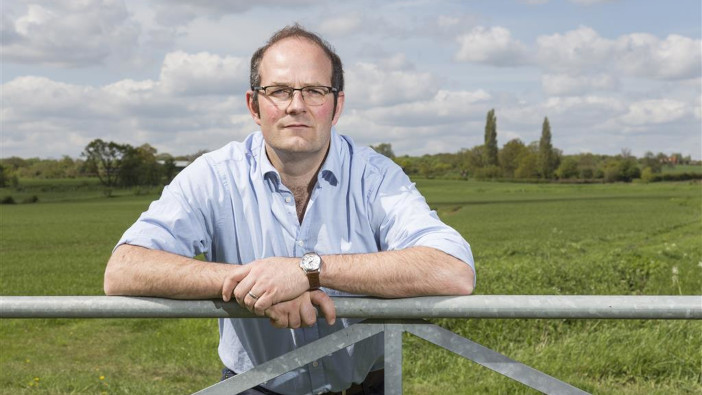In a letter to the Chancellor ahead of the Spring Budget, the NFU has called for support to enable farm businesses to deal with volatility and build stability, and ensure that the sector can invest and continue to deliver for food security, as well as environmental and productivity needs.
Some of the NFU’s asks of the Treasury include:
- To ensure the Environment Agency is funded to prioritise essential maintenance of flood defences and watercourses.
- To extend the Industrial Energy Transformation Fund (IETF) to include the poultry sector.
- To introduce enhanced capital allowances to incentivise investment in a range of low-carbon capital investments.
- To confirm a further round of the Rural England Prosperity Fund (REPF) to help farming businesses deliver diversification projects.
- To work on developing a future agriculture budget structured around environment, productivity and stability.
- To amend inheritance tax agricultural relief to ensure that all agricultural land entered into the Environmental Land Management schemes continues to qualify.
These highlight the opportunity to incentivise green investment in the industry to help meet the legislated net zero target, as well as addressing high production costs, the impact of flooding and providing certainty for domestic food production.
NFU President Tom Bradshaw said: “In a time of much change it is vital that our country’s food producers have the business confidence to continue producing climate-friendly, nutritious food long-term. That is why we have written to the Chancellor ahead of the budget to outline the key policies needed to help UK farmers and growers through some pressing and ongoing challenges.
“With on-farm input costs up 32% from 2019, more regular and severe weather events causing devastating flooding and crop losses, and with at least a 50% reduction in direct farm payment support due in 2024, our food producing businesses are facing a challenging economic backdrop.
“First and foremost, farms are businesses there to produce food for the nation. Without profitability built into farm businesses to create some certainty ahead, it is very difficult for farmers and growers to invest in the future. But fundamentally this is exactly what they must do to if we are to secure food production to feed people both here and for growing markets overseas.
“As the UK’s largest manufacturing sector2, worth more than £120 billion to the nation’s economy, the Chancellor has an opportunity to take actions that will boost business confidence in the UK’s food and farming industry. By enhancing capital allowances to incentivise green investment, ensuring the Environment Agency is properly funded to limit flooding and developing a future agricultural budget he will be able to ensure the UK farming industry is a resilient and sustainable sector for years to come.”


